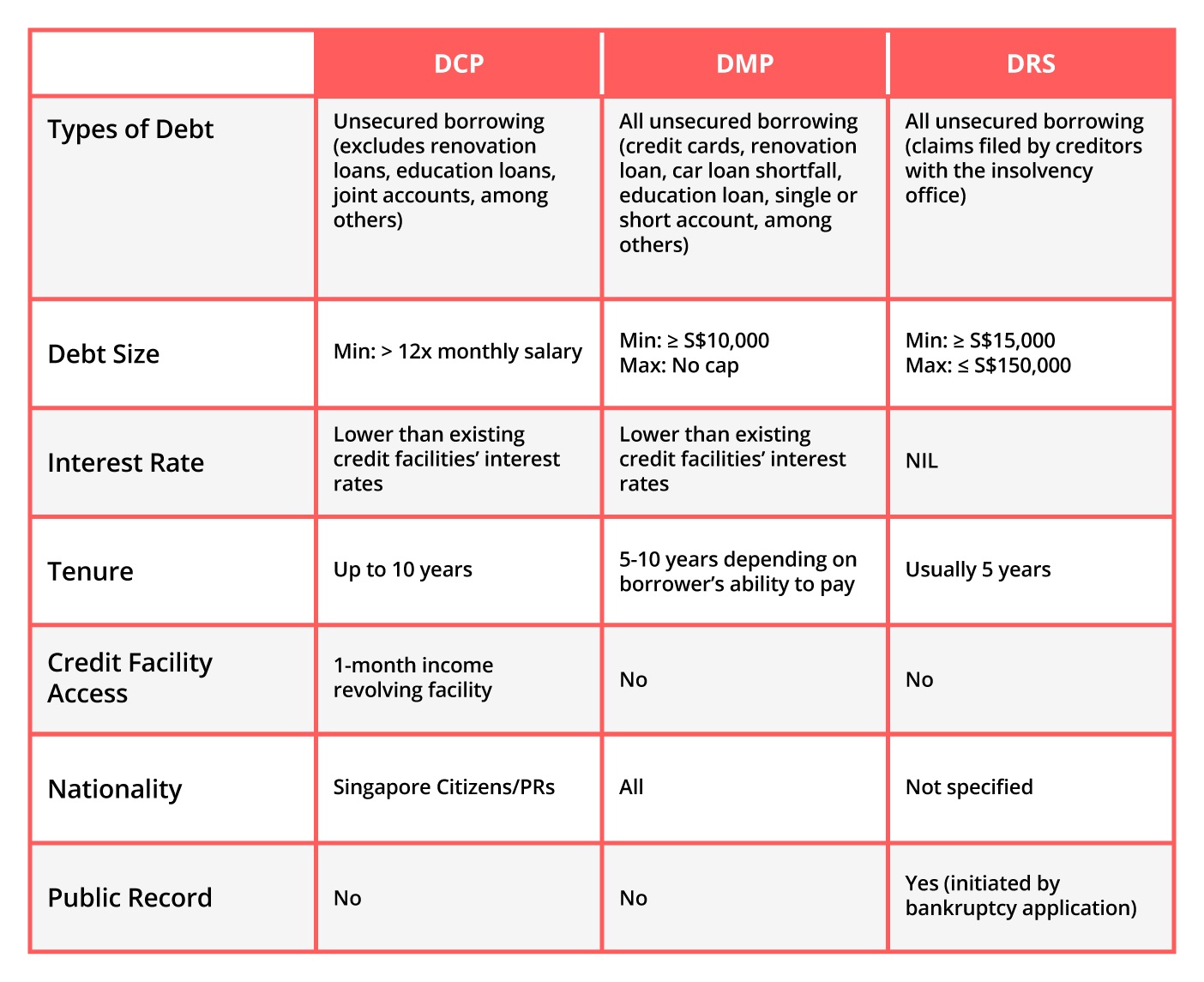Success Stories: How Debt Management Plan Services Transformed Financial Lives
Success Stories: How Debt Management Plan Services Transformed Financial Lives
Blog Article
Expert Tips and Strategies for Applying a Successful Financial Obligation Administration Strategy
When it comes to browsing the complexities of financial obligation management, having a well-thought-out plan is important for accomplishing monetary stability. Applying professional ideas and approaches can make a considerable difference in your journey towards debt relief. From assessing your existing financial standing to working out with lenders, each step plays a pivotal duty fit an effective financial debt administration plan. By recognizing the details of financial obligation monitoring and taking on proven approaches, people can lead the way for an extra protected monetary future.
Examining Your Existing Financial Scenario
Prior to starting a debt monitoring plan, it is crucial to thoroughly evaluate your current financial standing. Recognizing your economic scenario is the fundamental step in the direction of successfully managing and decreasing your financial obligation. Begin by putting together a breakdown of all your financial debts, consisting of outstanding equilibriums, passion rates, and minimal regular monthly repayments. This will supply a clear introduction of the level of your monetary obligations. In addition, analyze your revenue sources and month-to-month expenses to establish your non reusable earnings offered for financial debt repayment.

Creating a Realistic Spending Plan
Understanding your current economic scenario lays the foundation for establishing a realistic budget plan that aligns with your financial obligation management goals and economic capacities. When producing a budget plan, it's important to accurately track your revenue, expenses, and financial obligation responsibilities. By classifying your costs, you can determine locations where you may need to cut back to free up funds for financial debt repayment.

Prioritizing and Dealing With Financial Obligations
To properly restore control of your funds and work towards monetary stability, prioritizing and tackling your debts is a crucial step in your financial debt management strategy. Determine high-interest financial debts that are costing you the most cash and prioritize paying them off.
After identifying your high-interest financial debts, take into consideration utilizing methods like the financial debt snowball or financial obligation avalanche technique to pay them off systematically. The debt snowball technique involves settling the smallest financial obligations initially, while the financial obligation avalanche technique focuses on financial obligations with the highest possible rates of interest. Select the technique that lines up ideal with your monetary goals and motivates you to maintain making progression.
Furthermore, think about working out with lenders for reduced i thought about this rate of interest or setting up a payment strategy if you're struggling to satisfy your current commitments. Looking for assistance from a credit history therapist or monetary consultant can also provide useful insights and guidance on exactly how to properly tackle your debts - debt management plan services. By focusing on and addressing your financial debts strategically, you can pave the method towards a debt-free future and improved financial wellness
Negotiating With Financial Institutions
When engaging in financial debt management, working out with creditors is an essential action towards locating mutually valuable remedies for financial debt settlement. Prior to starting negotiations, it is necessary to have a clear understanding of your monetary situation, including your income, expenditures, and the total quantity of debt owed.

Building Healthy And Balanced Financial Routines
Including regular budgeting practices is crucial for growing healthy economic habits. Budgeting enables people to track additional reading their earnings and expenditures, allowing them to make enlightened decisions concerning their financial priorities. Establishing particular monetary objectives, such as conserving for emergency situations or retirement, can offer a clear roadmap for managing cash properly.
An additional secret aspect of building healthy and balanced monetary behaviors is living within one's ways. This includes spending much less than what is made and avoiding unneeded debt. Differentiating and you could try here taking on an economical state of mind between requirements and wants can aid people make even more prudent investing options.
Routinely keeping an eye on and examining financial statements credit score reports are important behaviors that advertise monetary awareness and obligation. By remaining educated regarding their monetary standing, individuals can determine prospective issues early on and take aggressive steps to resolve them.
Moreover, developing a cost savings habit, despite having little amounts, can add significantly to lasting financial safety and security. Conserving routinely not just builds an economic padding for unanticipated expenditures however likewise cultivates a sense of technique and obligation in the direction of cash monitoring. By consistently exercising these habits, people can lay a solid structure for a steady monetary future.
Conclusion
To conclude, carrying out an effective debt administration plan needs a complete evaluation of one's financial scenario, the development of a practical spending plan, focusing on and tackling financial debts, negotiating with lenders, and building healthy and balanced economic habits (debt management plan services). By complying with these expert tips and strategies, people can take control of their financial resources and work towards attaining economic stability and liberty from financial debt
Understanding your existing financial circumstance lays the foundation for developing a sensible budget plan that lines up with your financial debt monitoring goals and financial capacities.To efficiently regain control of your funds and job towards economic stability, prioritizing and tackling your financial obligations is a critical step in your financial debt monitoring plan.After recognizing your high-interest financial debts, take into consideration utilizing approaches like the financial debt snowball or financial obligation avalanche technique to pay them off systematically. The financial debt snowball approach involves paying off the smallest financial obligations first, while the financial obligation avalanche method focuses on financial obligations with the greatest passion rates.When engaging in debt management, negotiating with lenders is a critical step in the direction of locating mutually useful options for financial obligation payment.
Report this page